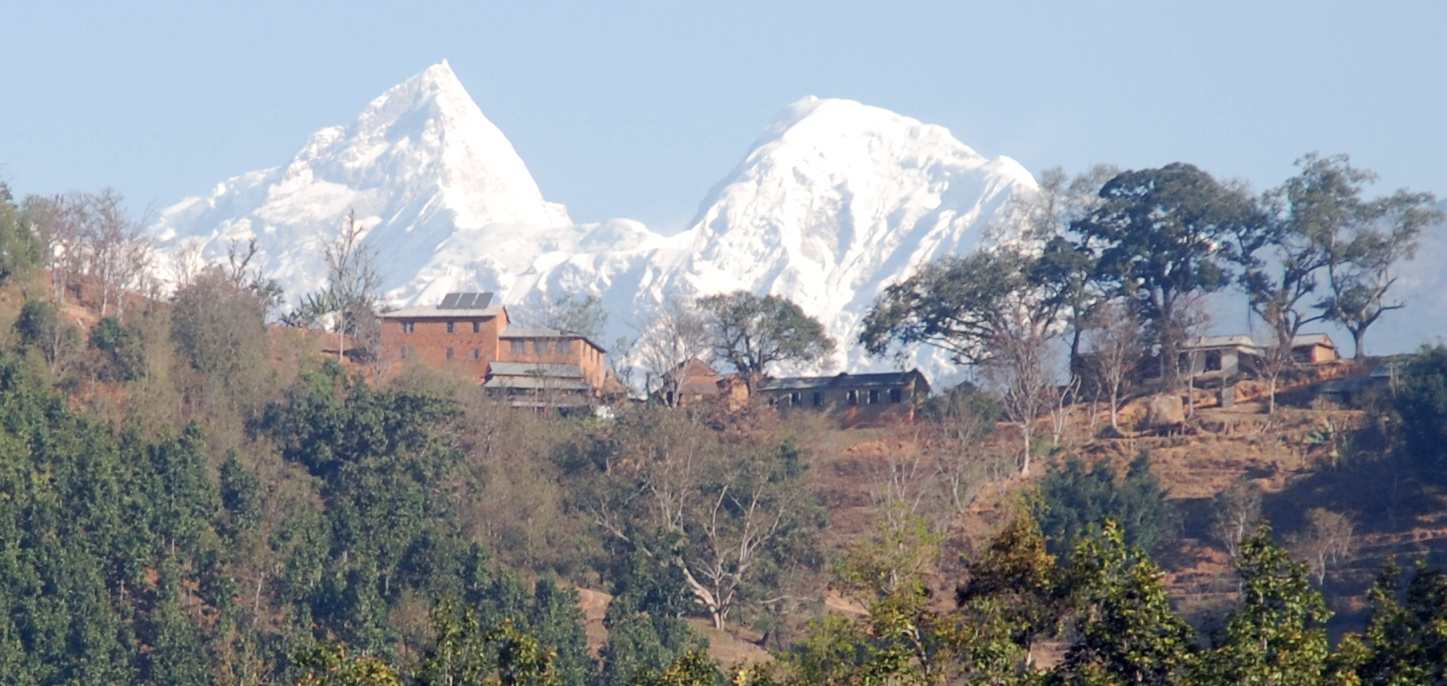Congratulations to our winning team, for their innovative design.
£5000 is awarded to the winners, by competition sponsor, Engineers Without Borders
The team will build our new pico-hydropower plant in Balimtar, Nepal, in April 2014.
The Brief - from our sponsor, EWB:
Dhawa village is located in the Gorkha district of rural Nepal. It now has limited access via road and although it was connected to the national power grid in 2011, the electricity available is hopelessly unreliable - with severe load shedding and a violently fluctuating voltage.
In Dhawa's main community school Shree Prabhat Secondary School (600 children) Learning Planet installed the community's first power source - a 2.2kW solar installation - with an award from the Environ Foundation in 2011. In the Hamlets surrounding Dhawa, the small feeder nursery and primary schools are in a terrible condition, and have no reliable energy. Learning Planet is trying to rebuild these schools and address the energy problem. The largest of these hamlets is called Balimtar - where the nursery School takes children up to 6 years old, who are too small to walk up the mountain to Shree Prabhat.
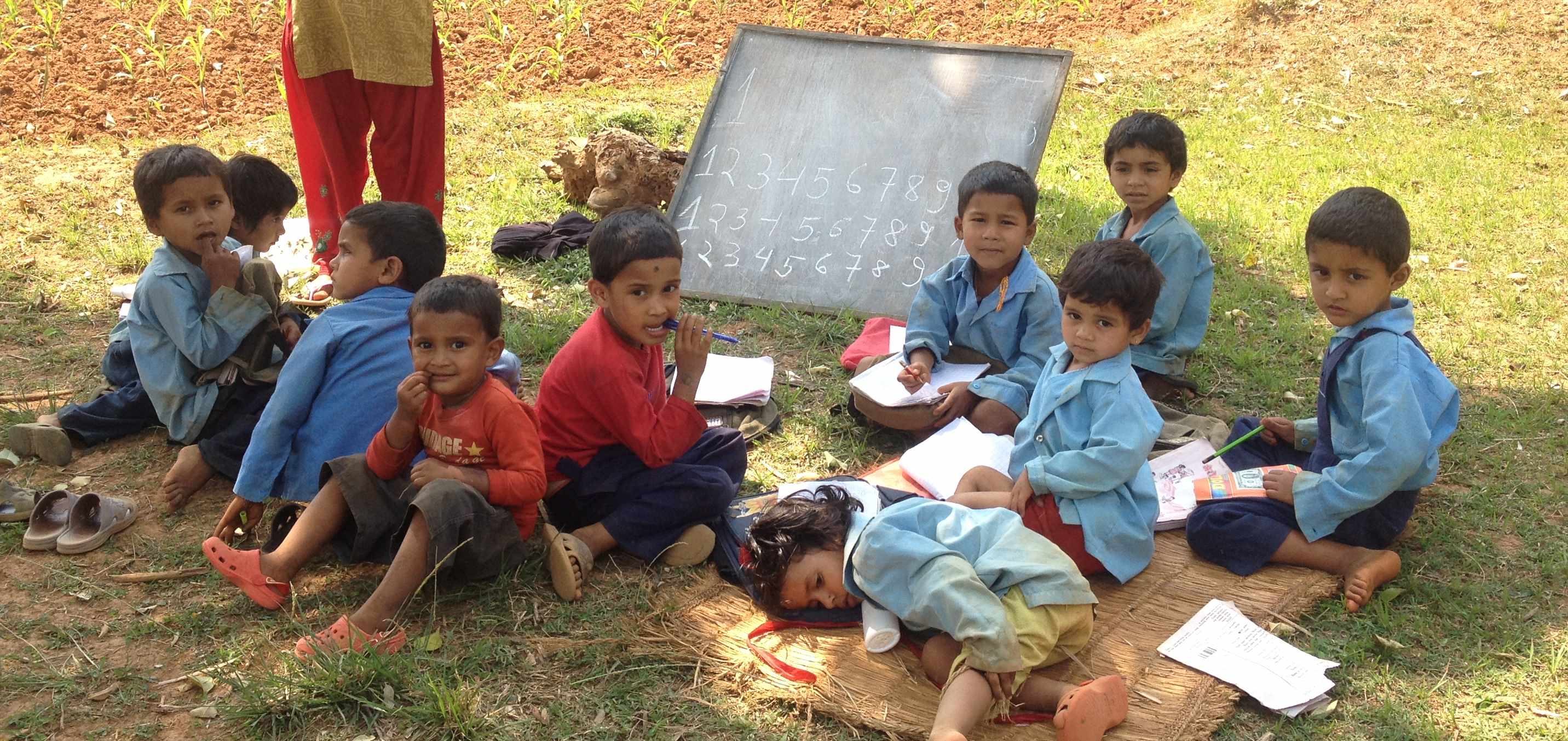 Learning Planet would like to provide a minimum of 500W of reliable locally generated electricity for Balimtar Nursery School, which would be used for computers, a Mesh wireless network, audiovisual teaching aids and LED lighting for the school and each of the 27 houses in the village. The energy has to be available 24/7, and come from a renewable source
Learning Planet would like to provide a minimum of 500W of reliable locally generated electricity for Balimtar Nursery School, which would be used for computers, a Mesh wireless network, audiovisual teaching aids and LED lighting for the school and each of the 27 houses in the village. The energy has to be available 24/7, and come from a renewable source
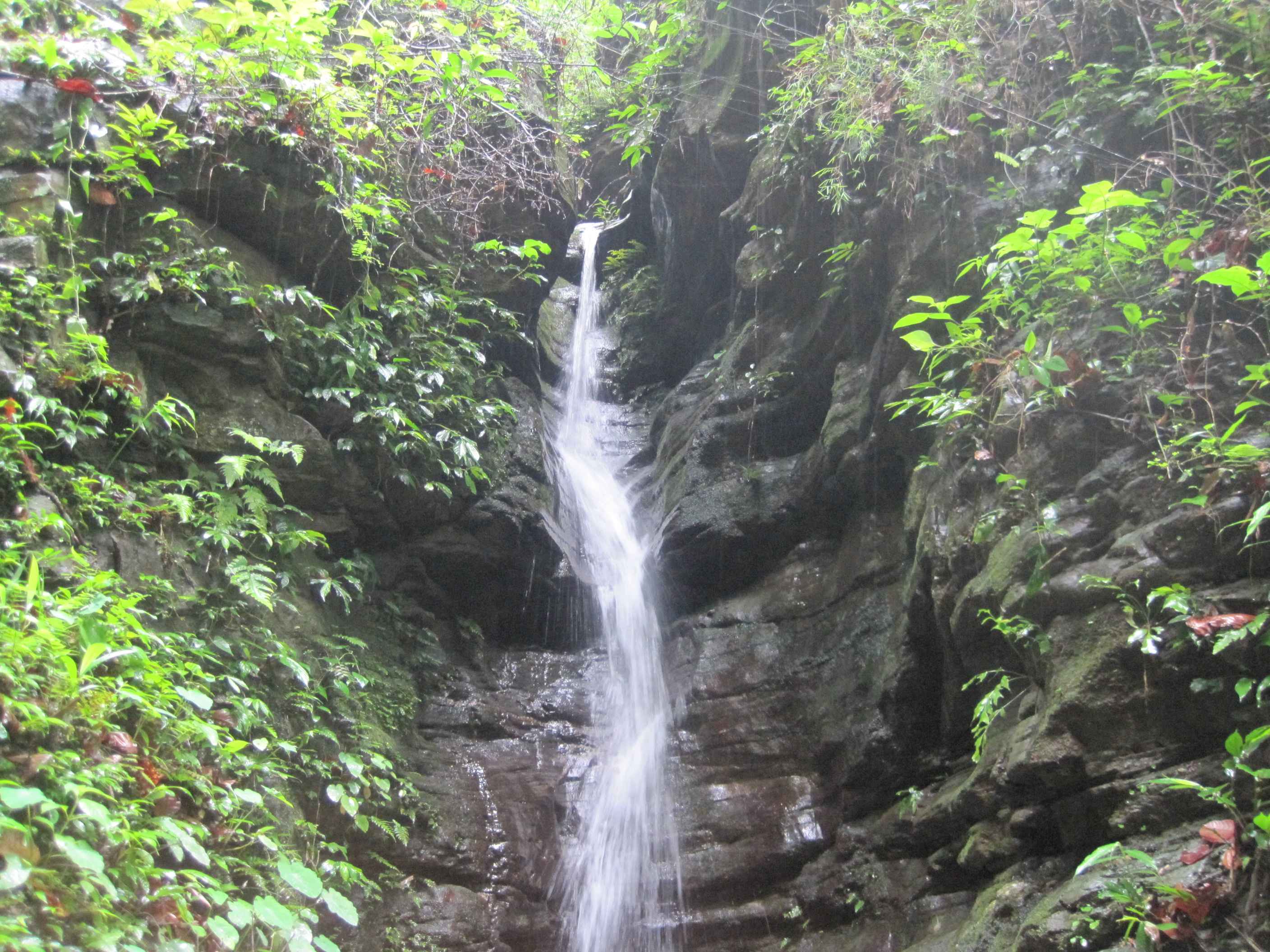 Two potential sites for pico hydropower systems have been identified by a team of local people. The sites have the potential to produce around 1kW and 400W respectively in monsoon season and about half that in the dry season. Ideally these two sources would be combined into a single source to produce the needed power for the schools, with any excess power being supplied to local houses.
Two potential sites for pico hydropower systems have been identified by a team of local people. The sites have the potential to produce around 1kW and 400W respectively in monsoon season and about half that in the dry season. Ideally these two sources would be combined into a single source to produce the needed power for the schools, with any excess power being supplied to local houses.
The challenge is to devise a pico hydro system that makes best use of these resources, capable of being supplied with two different water sources so that the school and village can benefit from reliable, always on, locally generated, clean electricity.
Learning Planet is a not-for-profit organisation helping remote communities create safe, stimulating, sustainable environments where both children and adults can learn and develop new skills. They have been working in Dhawa since 2008 where they have completely rennovated Shree Prabhat Secondary School, built a library and brought the villages first computers. Learning Planet is partnered with UK low-power computing leader www.aleutia.com - and uses just 11 watts of power per computer. They have recently succeeded in bringing high speed internet to the district, and have designed and are close to completion of the new nursery school at Balimtar, with the assistance of Architecture For Humanity and The Loretto Community.
Meet the Winning Team
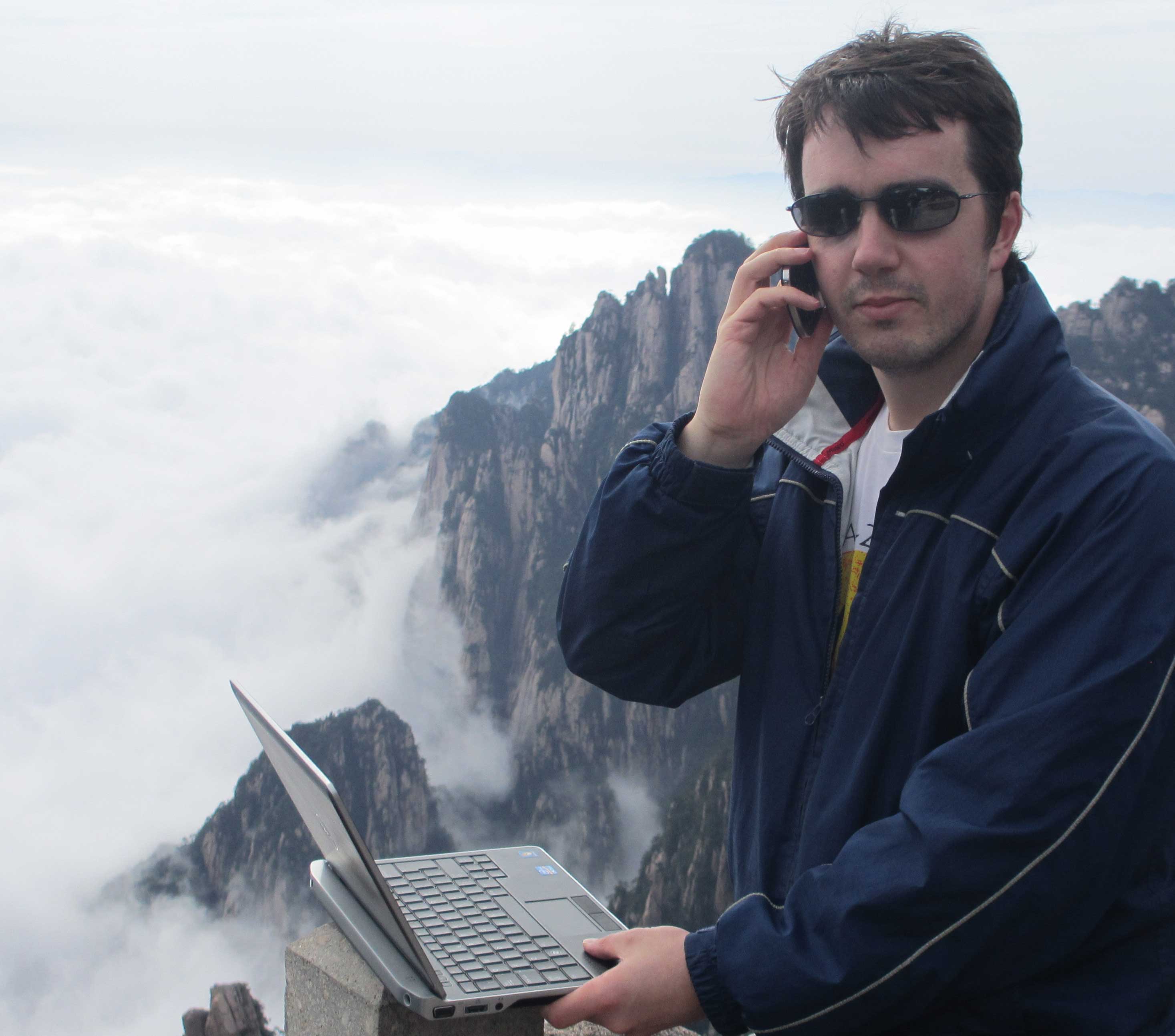 Jack - looking the partJack Giles, Mark Leybourne, Kevin Briggs and Jonathan Dewsbury all met whilst studying their Engineering Doctorates at the University of Southampton and have an enthusiasm for solving complex problems.
Jack - looking the partJack Giles, Mark Leybourne, Kevin Briggs and Jonathan Dewsbury all met whilst studying their Engineering Doctorates at the University of Southampton and have an enthusiasm for solving complex problems.
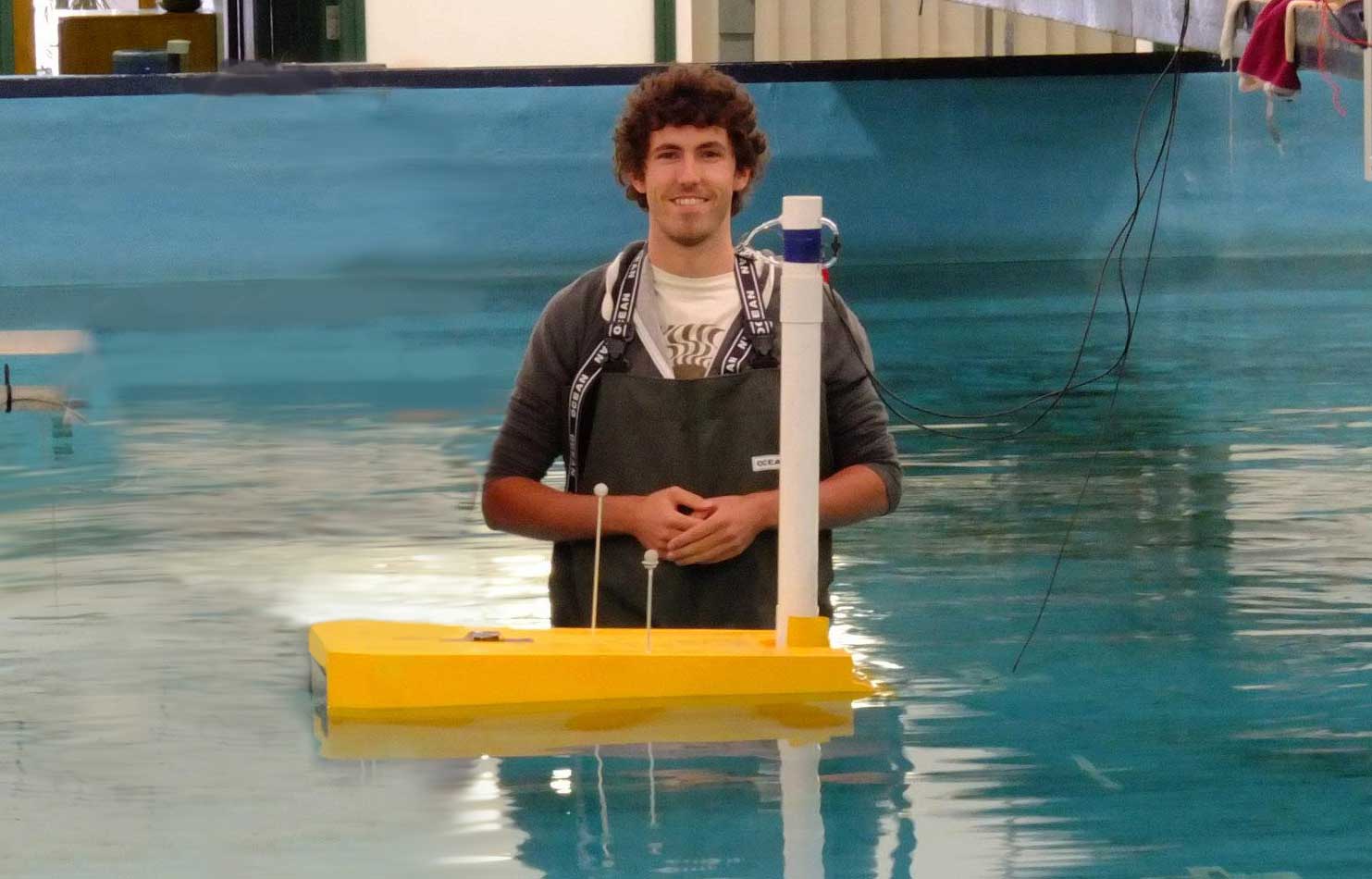 Mark - testing out the waves - fully clothed!Kevin and Jonathan are geotechnical engineers, and have previously been awarded the Cooling Prize for their research.
Mark - testing out the waves - fully clothed!Kevin and Jonathan are geotechnical engineers, and have previously been awarded the Cooling Prize for their research.
Mark and Jack specialise in renewable energy. Jack’s research focused on the optimising a marine tidal energy device, where Mark pioneered the design of a device to convert wave energy.
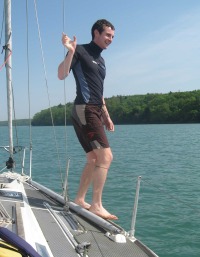 Kevin on a very tough assignmentIn addition to their academic backgrounds the group have a range of practical and industrial experience to draw upon when facing the challenges in Nepal. Jack has previously worked on a Pico-hydro project for a remote island community, and Mark has vast experience in scale modelling of marine renewable energy devices.
Kevin on a very tough assignmentIn addition to their academic backgrounds the group have a range of practical and industrial experience to draw upon when facing the challenges in Nepal. Jack has previously worked on a Pico-hydro project for a remote island community, and Mark has vast experience in scale modelling of marine renewable energy devices.
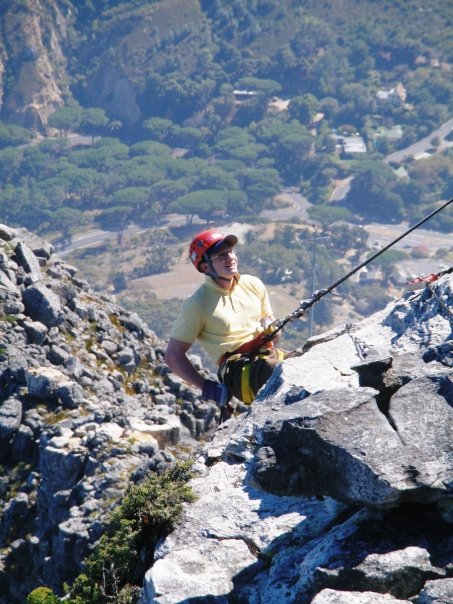 Jon - Stuck in the office again!On site the team will be able to utilise Kevin’s expertise in assessing landslide hazards, field surveying and hydrogeology. They will also hope to take advantage of Jonathan’s experience from ground investigations, constructing foundations and utilities in the UK and Qatar.
Jon - Stuck in the office again!On site the team will be able to utilise Kevin’s expertise in assessing landslide hazards, field surveying and hydrogeology. They will also hope to take advantage of Jonathan’s experience from ground investigations, constructing foundations and utilities in the UK and Qatar.
All of the team have experience of working with international consultancies. Jack (GL Garrad Hassan) is currently situated in Shanghai supporting the development of a new Asia-Pacific Offshore team. Mark (IT Power) and Jonathan (Buro Happold) are based in the UK working on system modelling for marine renewable energy and the regeneration of Battersea Power Station respectively, whereas Kevin now teaches at the University of Bath. Thus the team have links to a wide network of expertise which will be vital when tackling the challenge ahead.
The Prize
The winning team will be given £4,000 to implement their design, along with a £1,000
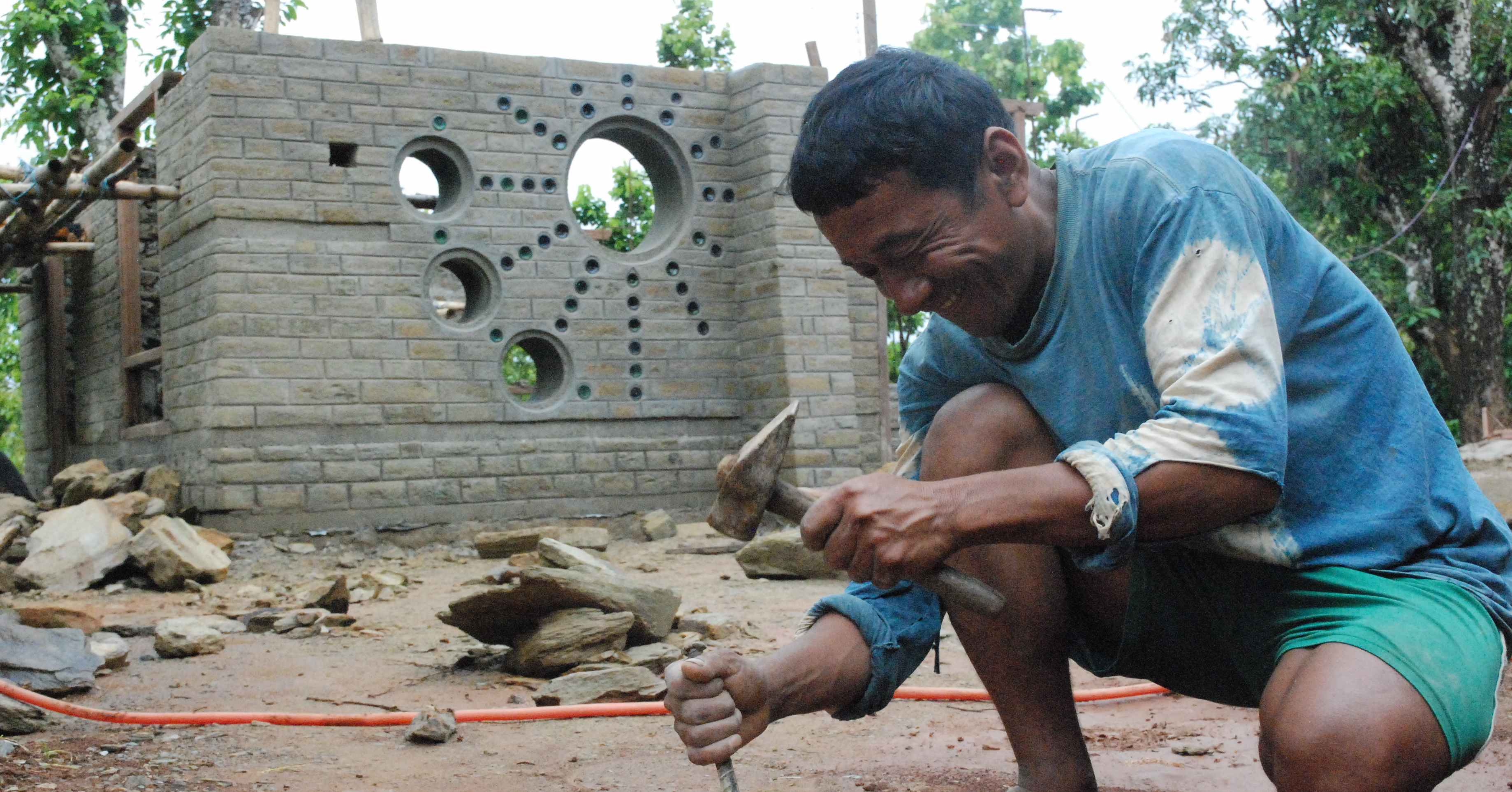
travel bursary to assist in getting to Nepal. Any extra fundraising required will be carried out by the team, in association with EWB-UK and Learning Planet.
Now that we have chosen a winner, team members traveling to Nepal will participate in EWB-UK pre-departure training to help our international partnerships team to support them during their travel experience.
We're extremely excited to now have a winning team on board - and are now looking forward to implementing their plan in rural Dhawa. We'll keep you posted on their progress in the coming months, and we'd like to thank the competition sponsors, once again, for making this all possible. A big hand for EWB!


